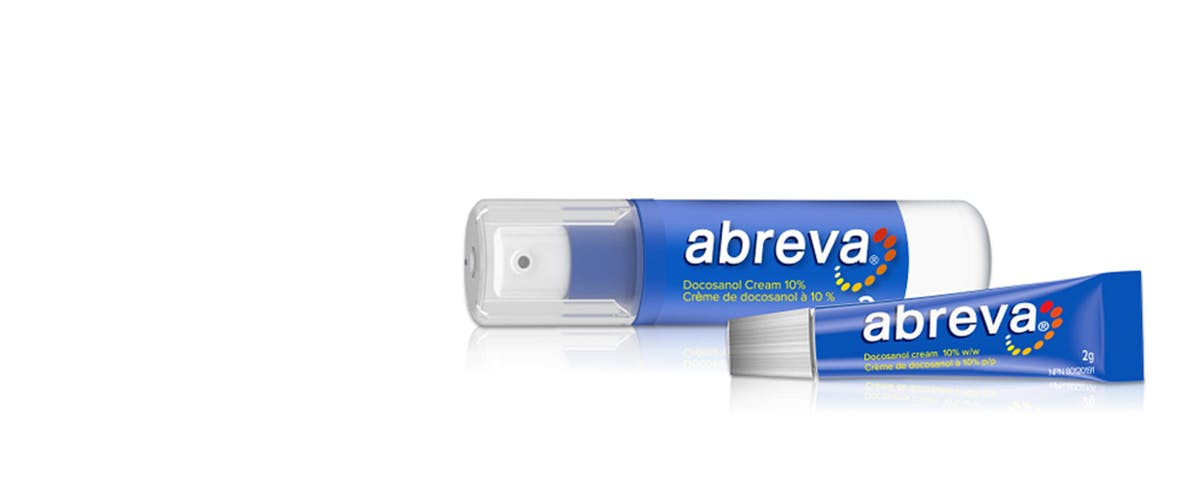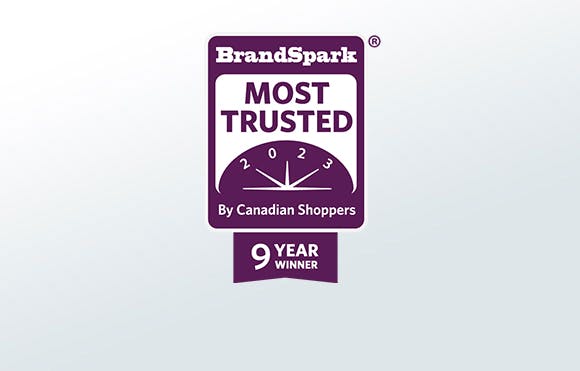ABREVA CREAM
Don’t let cold sores take away your confidence. Tackle the source of your cold sore right from the first tingle.
Abreva cream is an anti-viral that works by penetrating deep into the skin to the source of the spreading virus that causes cold sores. When used at the first sign, it blocks the cold sore virus from entering surrounding cells and reduces the duration of pain, burning, itching, and tingling.

HOW DOES ABREVA CREAM WORK AS A TREATMENT FOR COLD SORES?
Abreva is clinically proven to shorten cold sore healing time and reduces the duration of pain, burning, itching, and tingling associated with cold sores. In clinical trials, the time to complete healing was statistically significantly shorter in the Abreva group than the placebo group.
Abreva is the #1 Pharmacist Recommended cold sore treatment and is also the #1 Most Trusted by Canadians. Of course, to be sure Abreva is right for you, always read and follow the label or ask your doctor or pharmacist for advice.
Abreva cream comes in a convenient tube or pump to suit your needs both at home and on the go.
WHAT ABREVA COLD SORE CREAM WORKS FOR
Abreva cream is specifically designed to treat and heal cold sores caused by the herpes simplex virus (HSV-1). Cold sores are small, fluid-filled blisters that develop on the lips or around the mouth. They can be painful and unsightly, which is why some people turn to natural remedies for cold sores, such as taking lysine supplements, when they get one. The hope is that the cold sore will heal faster, but most natural remedies can only provide superficial symptom relief. For clinically proven cold sore treatment, turn to Abreva – #1 Pharmacist Recommended and #1 Most Trusted for good reason!
Some find it hard to tell the difference between a cold sore and a pimple. Pimples can appear anywhere on the face and typically have a white or black head, whereas cold sores usually form multiple liquid-filled blisters that later crust over. If in doubt, ask a pharmacist.

Medicinal ingredient: Docosanol 10% w/w
Non-medicinal ingredients: benzyl alcohol, light mineral oil, propylene glycol, sucrose distearate, sucrose stearate, water.
SOURCES:
- Cold sores. NHS. https://www.nhs.uk/conditions/cold-sores/. Accessed October 19, 2021. Referenced text is highlighted in source PDF.






